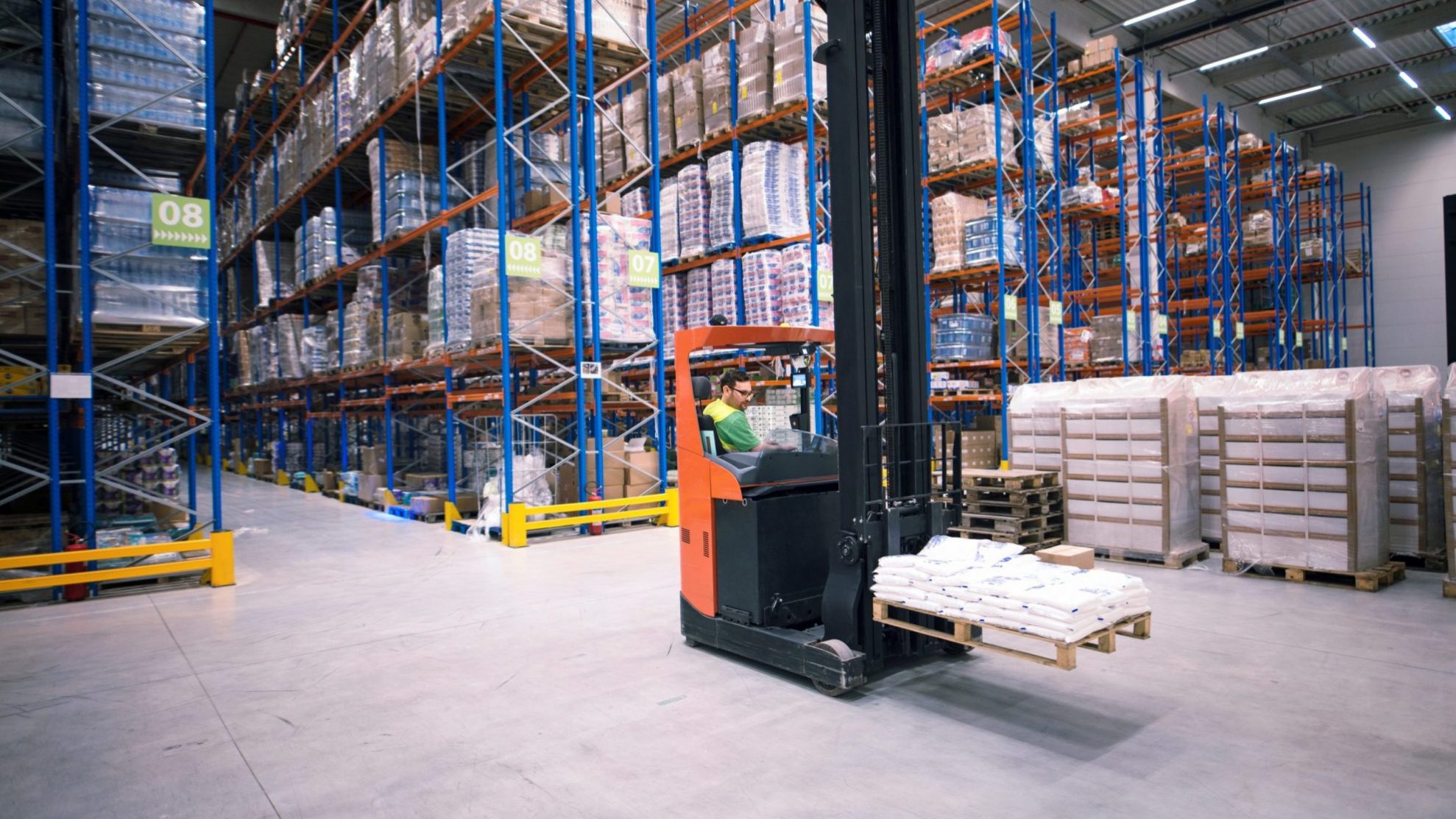When it comes to warehousing, there are several solutions available depending on the storage needs of a company. Whether you are a landlord or a tenant, knowing the differences between options such as public warehouse, contract warehouse, and private warehouse is paramount to your success.
What Is a Public Warehouse?
A public warehouse is a large warehouse owned by a third party that rents storage space to other companies looking to fulfill their long-term or short-term warehousing needs.
Public warehouses are a good alternative for organizations where storage flexibility is a priority due to seasonal fluctuations or occasional surges in production.
What Is a Contract Warehouse?
As the name suggests, a contract warehouse is a warehouse owned by a third party who guarantees storage space to other companies, generally for long periods of time.
Contract warehouses aren’t as flexible as public warehouses, but offer the certainty of having a predetermined amount of storage space allotted during an agreed-upon time frame.
What Is a Private Warehouse?
Private warehouses are warehouses owned or leased by a company with the sole purpose of storing, handling, and distributing their materials or products.
A private warehouse is the right choice for manufacturers, wholesalers, or distributors with high-volume warehousing needs that remain steady throughout the year.
While a private warehouse entails more responsibilities and expenses than a public warehouse or a contract warehouse, it also offers greater control over operations, allowing companies to increase their efficiency and scale as necessary.
The Differences Between Public Warehouse, Contract Warehouse, Private Warehouse
Now that we have reviewed each type of warehouse, here’s a recap of the differences between them:
- Public warehouse. Owned and operated by a third party and ideal for companies with short-term storage needs
- Contract warehouse. Owned and operated by a third party and used by companies looking to have storage space guaranteed by a contract over a long period of time
- Private warehouse. Owned or leased by a company for its private use, offers the highest level of control and efficiency at scale
To learn more about warehouses and industrial properties, read our previous posts, “What Is Warehouse Space Utilization?” and “Warehouse vs Distribution Center: What Is the Difference?”
Disclaimer: This material is for general information and educational purposes only. It is not guaranteed as to accuracy, does not purport to be complete and is not intended to be used as a primary basis for investment decisions.
SoCal CRE Team: The Experts in Southern California Commercial Real Estate
At SoCal CRE Team, we specialize in industrial real estate solutions in the most sought-after Southern California markets such as Los Angeles, Orange County, Riverside, Anaheim, and more.
Interested in learning more? Contact us today by telephone (714) 456-0500 or email at gary@ashwillassociates.com.




